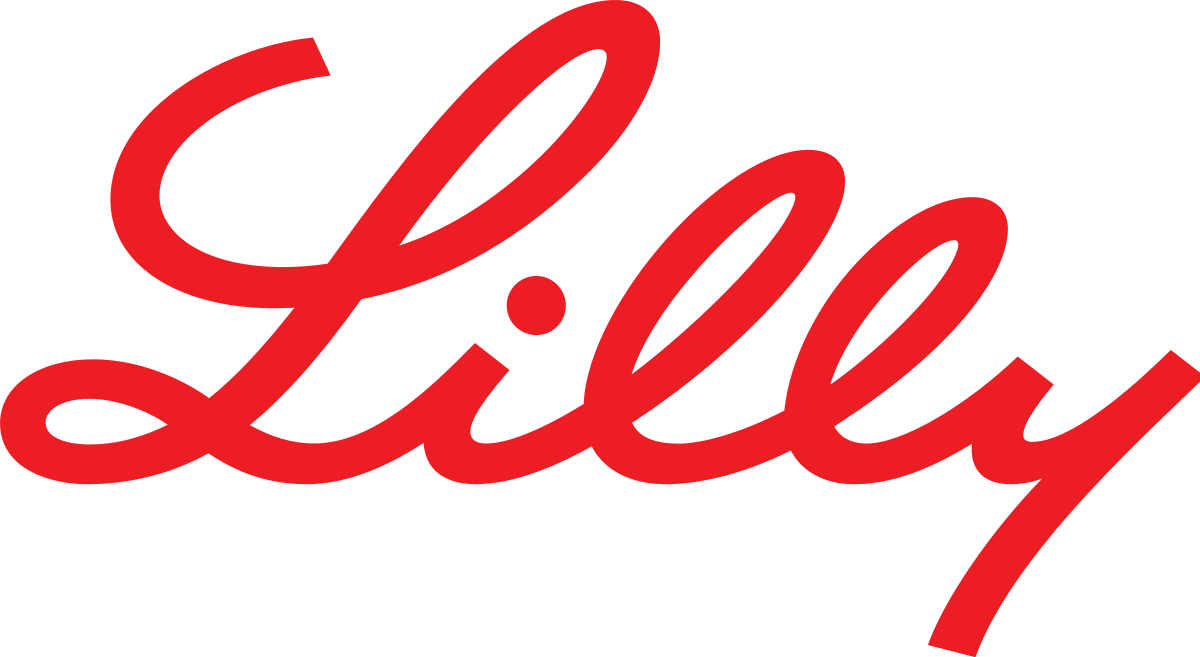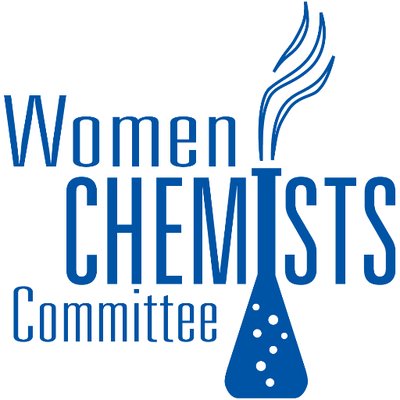Earlier this month, the OSU Advantage Innovation Impact Program team announced our newest program called Moxie: Empowering Women Innovators. Moxie is a dynamic 15-month program designed to support OSU faculty and researchers (including post-docs and graduate students). Selected participants will receive funding totaling $4,000 throughout the program, be paired with a dedicated innovation and entrepreneurship (I&E) mentor, and have support through the crucial early stages of building your innovation concept.
Who
We’re looking for candidates who may be on the fence about participating in OSU innovation activities, but have research/projects that are (almost) ready for the next steps. This program is open to faculty, researchers, and graduate students. Ideally, our candidates will not have already participated in OSU Advantage Accelerator programming (such as the Accelerate program).
When
Moxie’s first cohort will begin in early October of Fall 2023 with weekly in-person sessions on Fridays 10-11am on the OSU campus. The cohort will only meet weekly for the fall term. The rest of the program is asynchronous. Check out our website for more details.
Next Steps
Moxie applications are open until June 30th and interested participants can sign-up for a virtual information session on June 7th from 2 – 3pm.
Share
You can still help us empower women* innovators even if this program isn’t the right fit for you! We’re inviting you to forward this email to any OSU faculty member or researcher who may be a good fit for our first Moxie cohort, or you can send us their name and we’ll happily reach out.
Thank you for helping us reach OSU’s future innovators!
Melissa and Molly
Innovation Impact Catalysts
Oregon State University | Advantage Innovation Impact Program
*Moxie is a program for everyone regardless of their gender identity or expression. Everyone who identifies as a woman, as well as those who support and fight for the rights of women, are encouraged to participate in this program.


 Eli Lilly is acknowledged for its financial support.
Eli Lilly is acknowledged for its financial support.